Beat the Bully: shifting mindsets to shape a positive future
Hot on the heels of gender-based violence comes the endemic issue of school bullying. In fact international research shows that male bullies at school are twice as likely to turn to bullying their girlfriends and spouses in later years. Additionally, statistics also show that child bullies usually have experienced violence in the home between adults.
According to the www.bullying.co.za website, it is reported that as many as 57% of South African learners have been bullied at some time during their high-school careers. When one considers that we have 2.2 million school-going children in this country, those percentages translate into truly staggering numbers.
Both learners who bully, and learners who are bullied, can suffer lasting psychological effects, including post-traumatic stress. It is vital that schools provide support to all the learners involved in a bullying incident and that schools take steps to reduce bullying.
These statistics are alarming, and one that Hettie Orffer is determined to change. Initially Orffer worked in detention classes in schools and noticed that the biggest behavioural problem these teenagers were dealing with, was bullying. “With my training in conflict behaviour I realised that we couldn’t change the children’s behaviour if we didn’t train the teachers first,” she explains. “A child exhibits negative behaviour because his or her needs are not fulfilled. And in poorer communities there are no role models to look up to, so there is great uncertainty and insecurity amongst the youth and therefore they are traumatised and act out. Especially in under-resourced schools where classrooms are crowded and social problems are endemic, teachers need to be equipped to identify problems, and taught how to solve them, rather than simply labelling the child as ‘bad’.
There are various forms of the Beat-the-Bully programme, depending on funding available but the standard offering includes the following:
- The training and support of teachers
- Information sessions on the Beat-the-Bully programme and how to handle children
- Weekly classroom billboard reminders to assist teachers in progressing their skills training
- Documenting case studies for future support
- Placing a full-time, trained youth worker in the school to keep reinforcing skills and positive behaviour
Orffer explains that the programme has met good success when implemented in the Early Childhood Development (ECD) Phase, but starting in Grade 3 or 4 is ideal. Here the teachers are given training separately while a workshop is held concurrently with the children to help them build skills and understand values. But this needs to be followed up regularly to bed down behaviour. “The children remember what they have learnt, but they are children, they will push the boundaries,” explains Orffer. “So that is when teachers need to follow up and reinforce the principles we teach. It is an ongoing project.”
To date the Beat-the-Bully Programme has been implemented in several primary schools in the Helderberg region of the Cape Winelands. Journey’s End Wines have provided significant funding for the programme, allowing them to continue with their work, but more funding is needed to roll out the programme in schools across the Winelands.
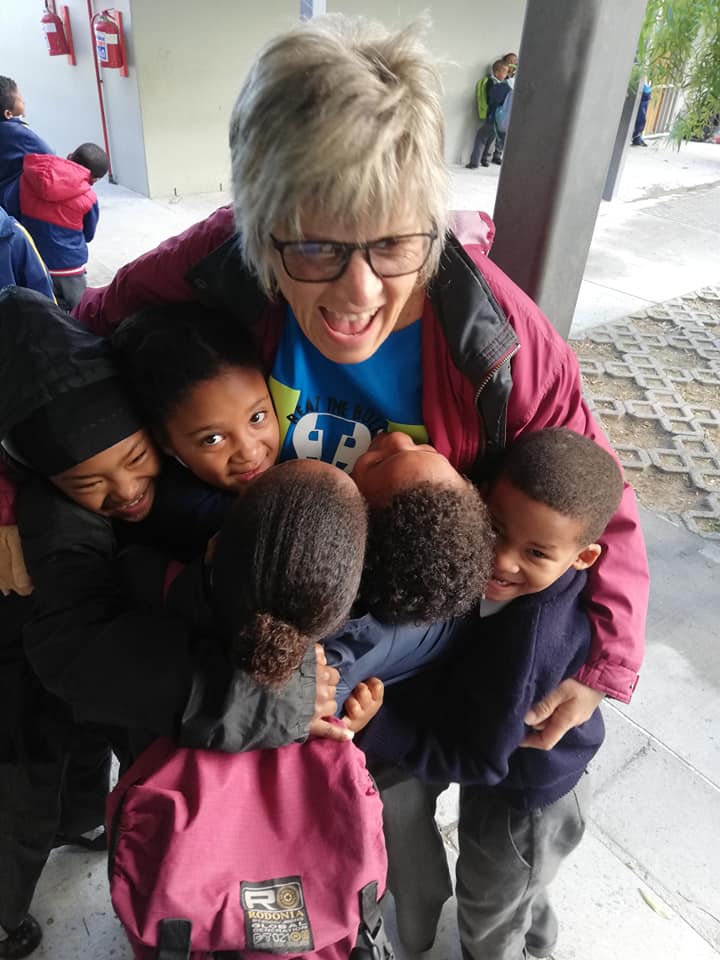
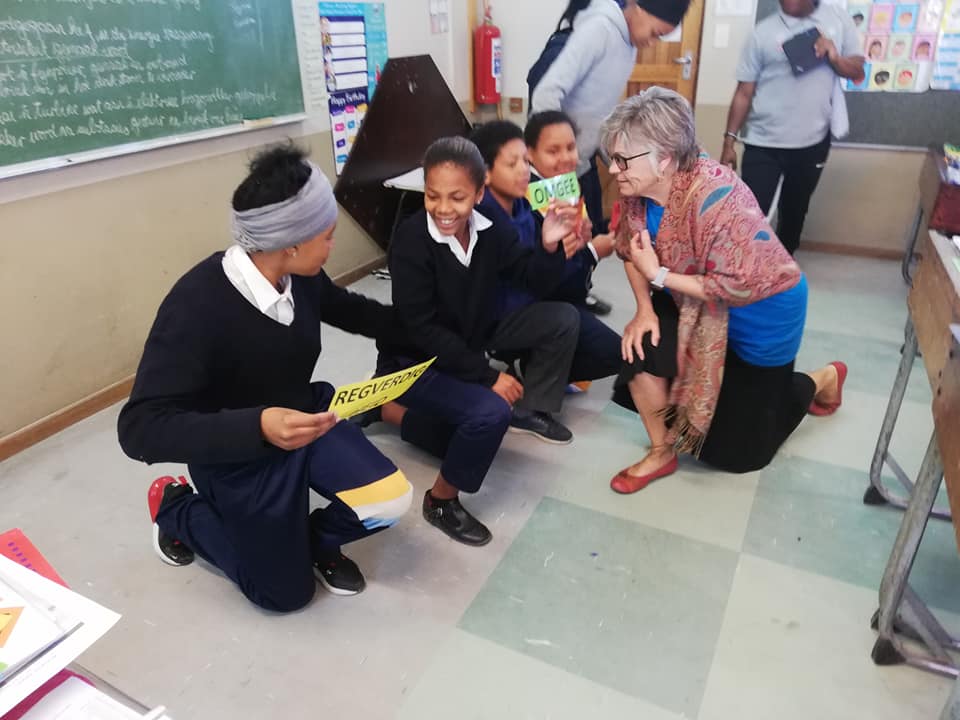
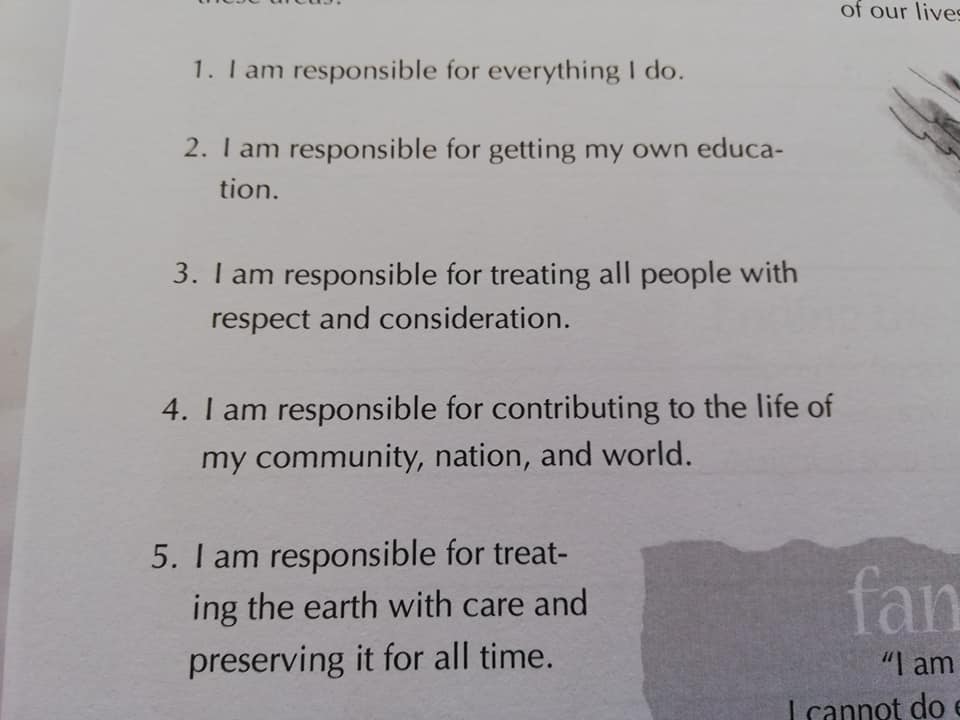
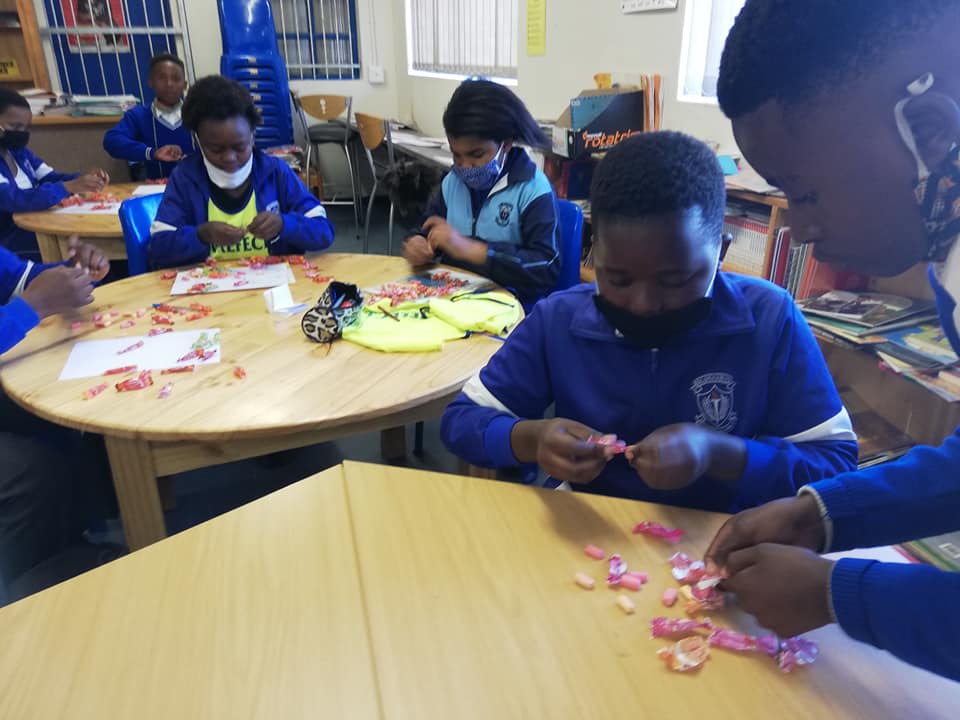
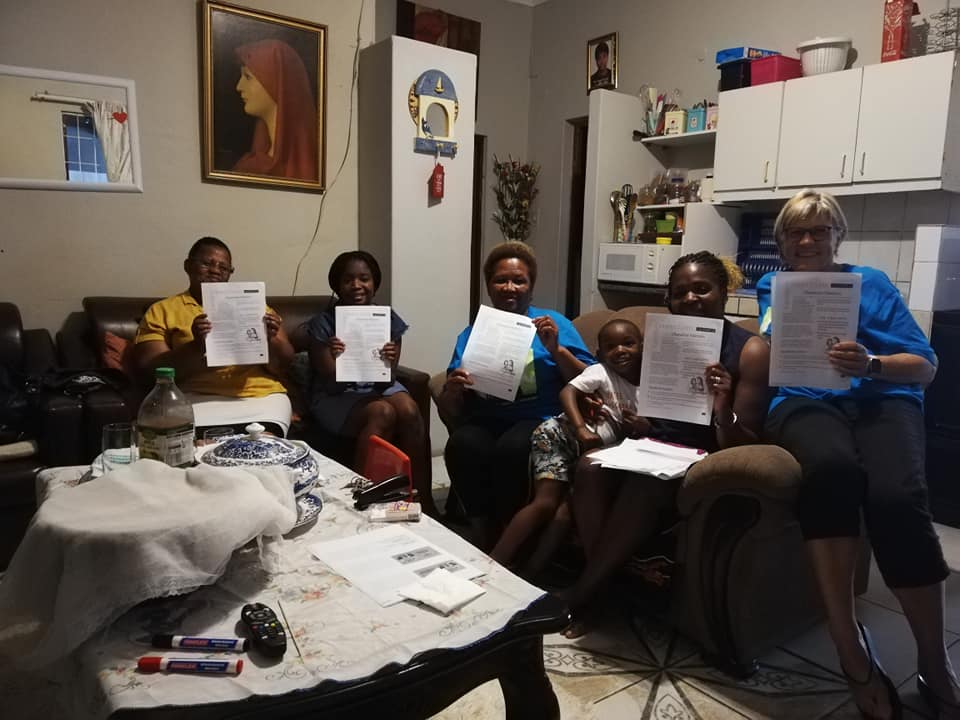
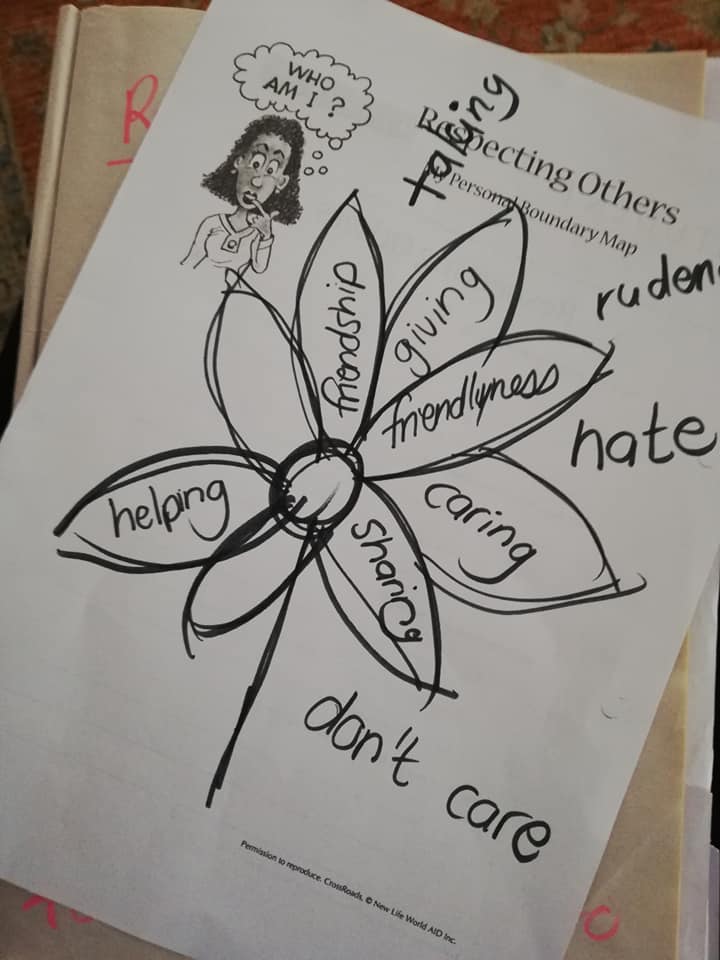
For more information visit www.beatthebully.co.za
- Blog by Julia Moore